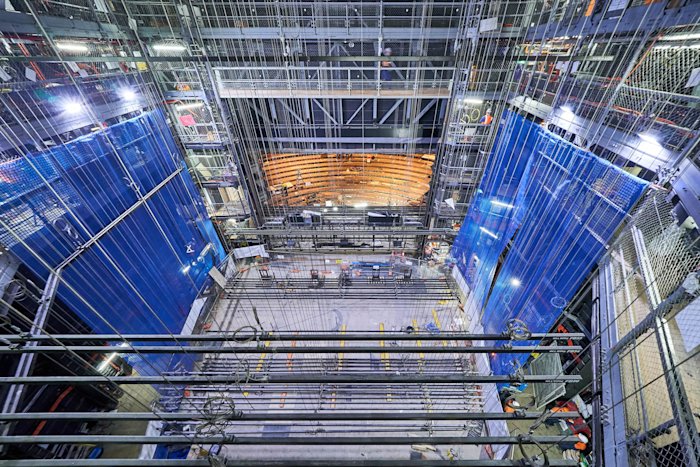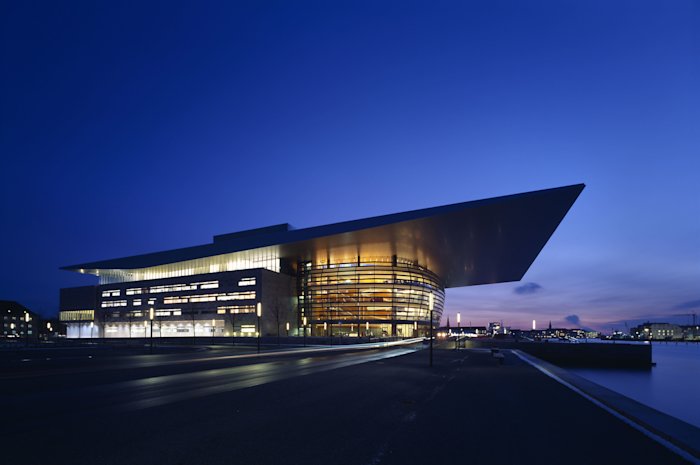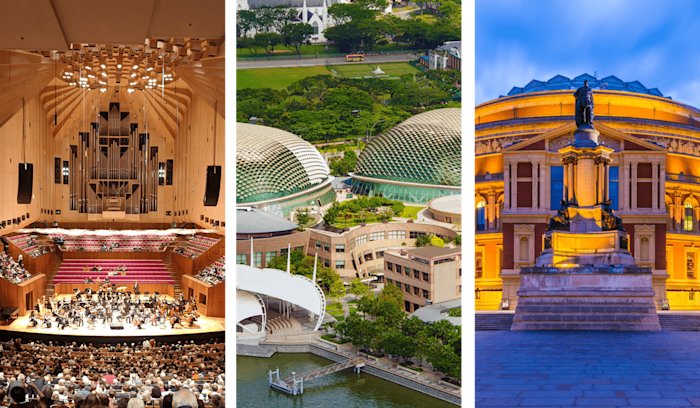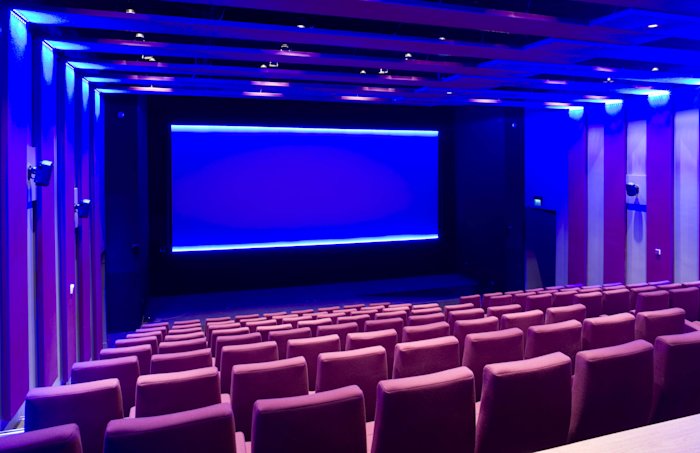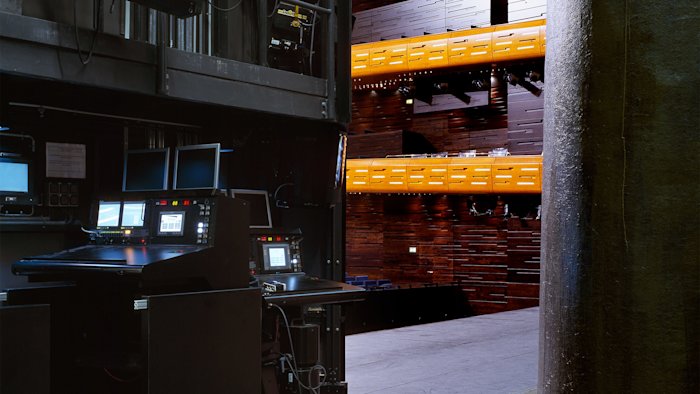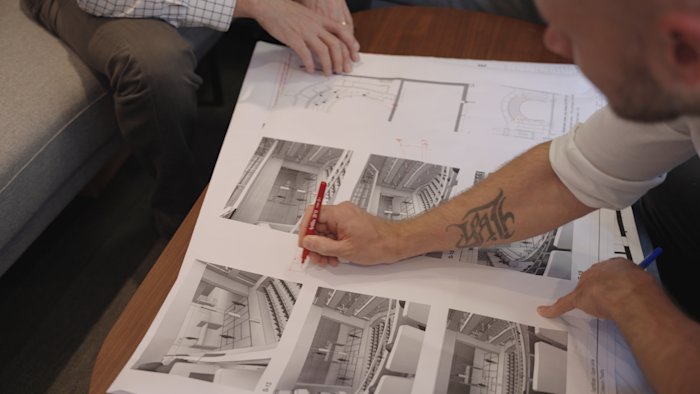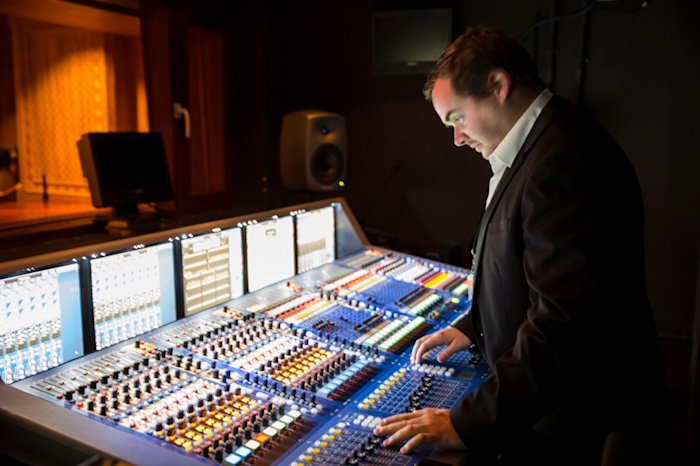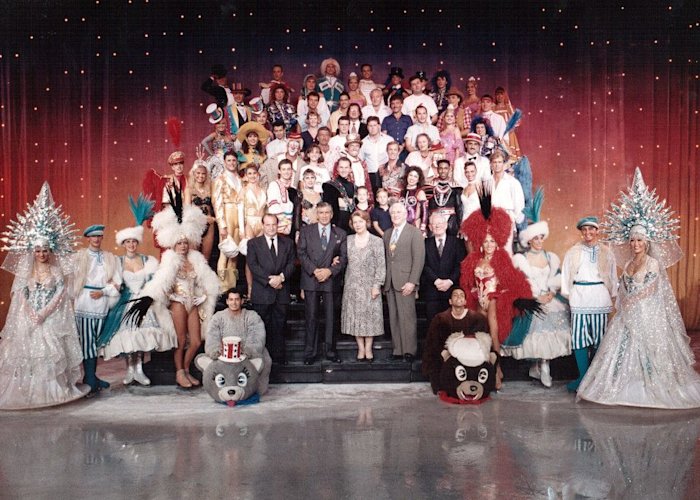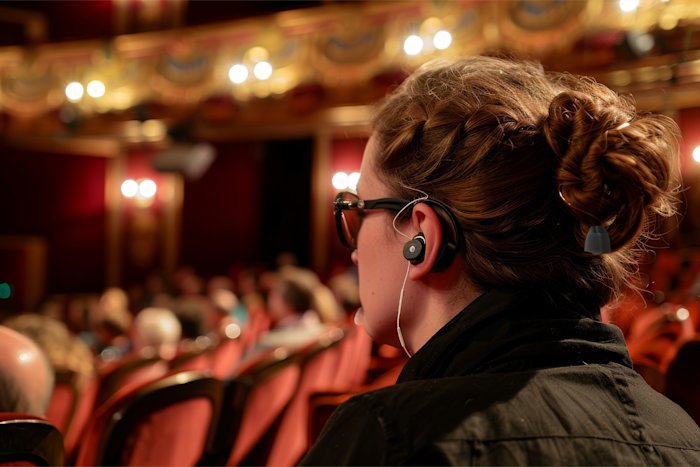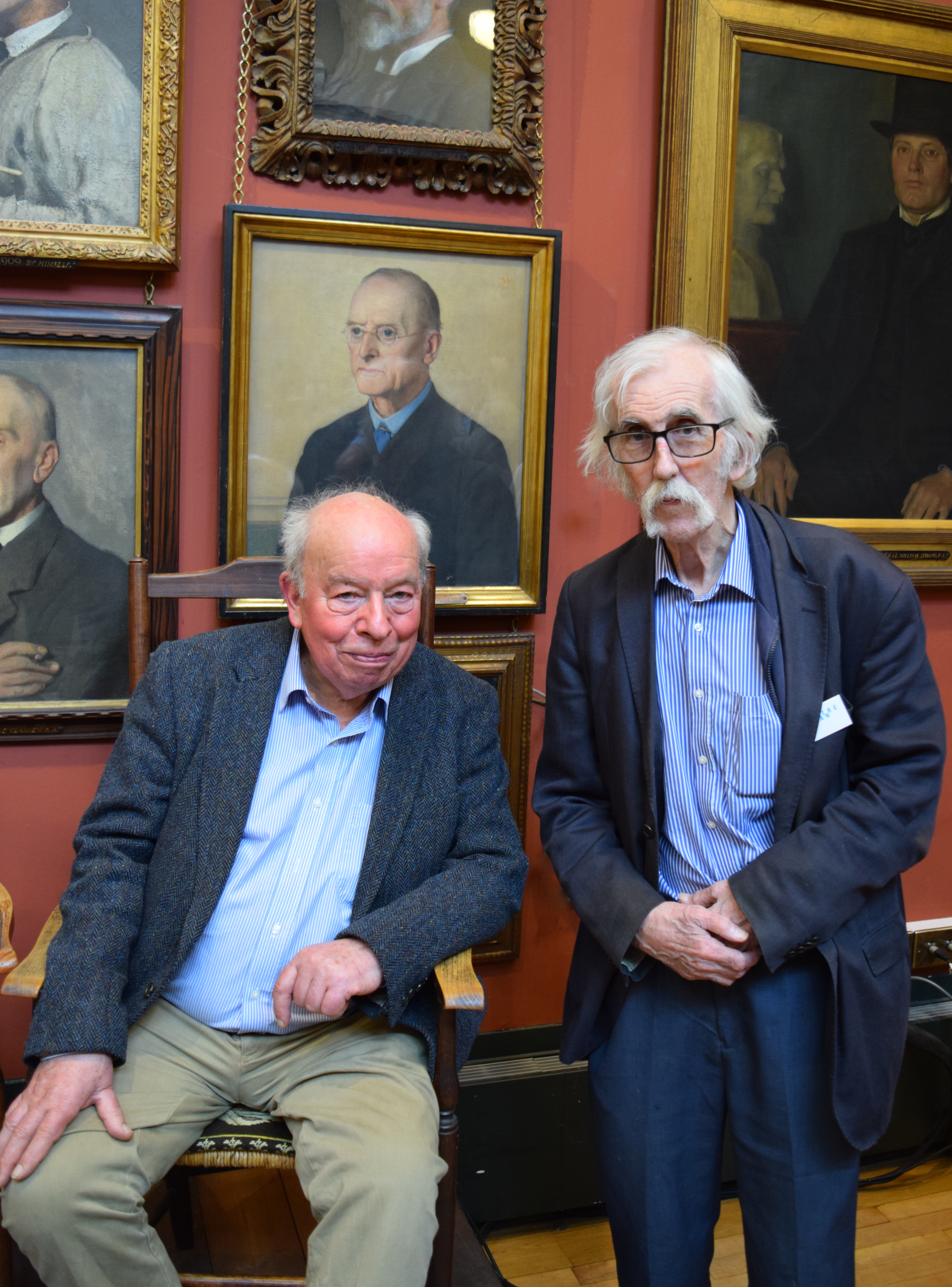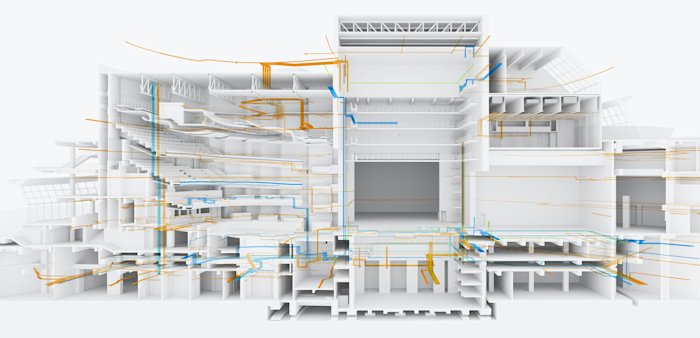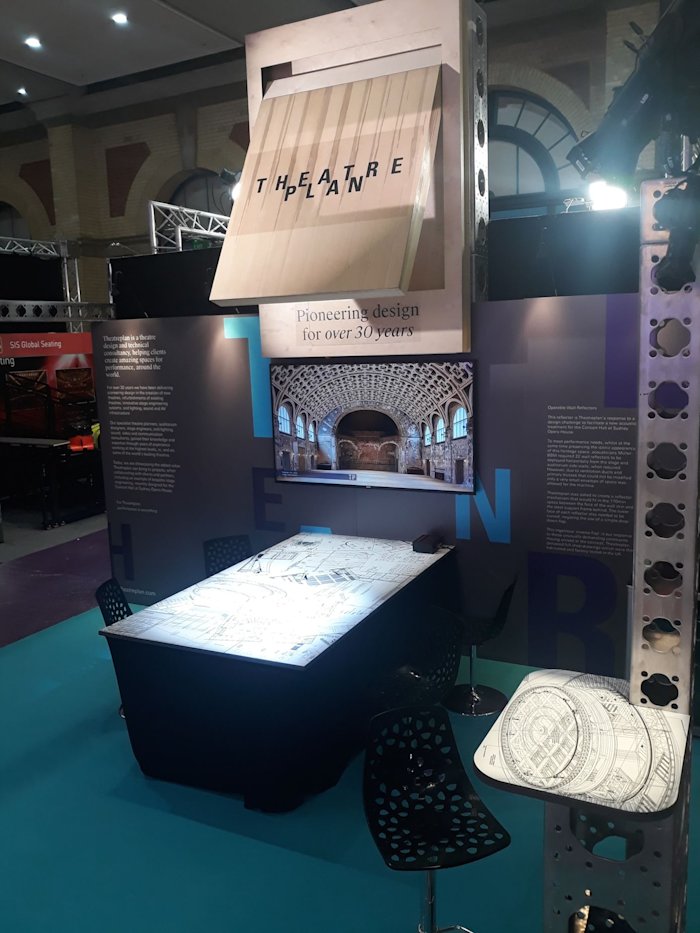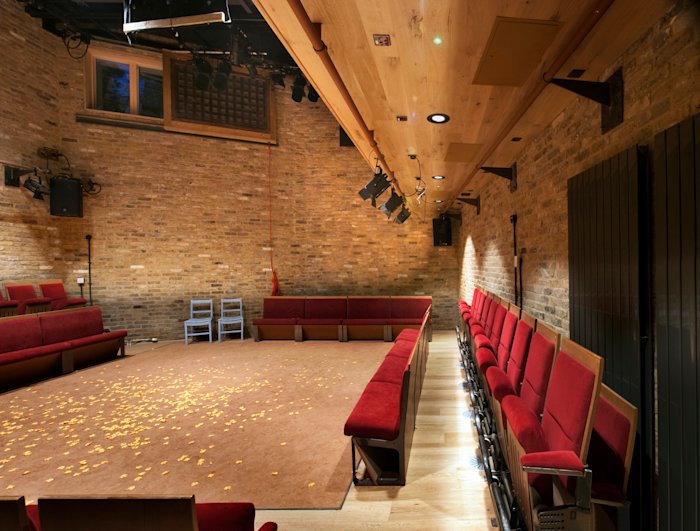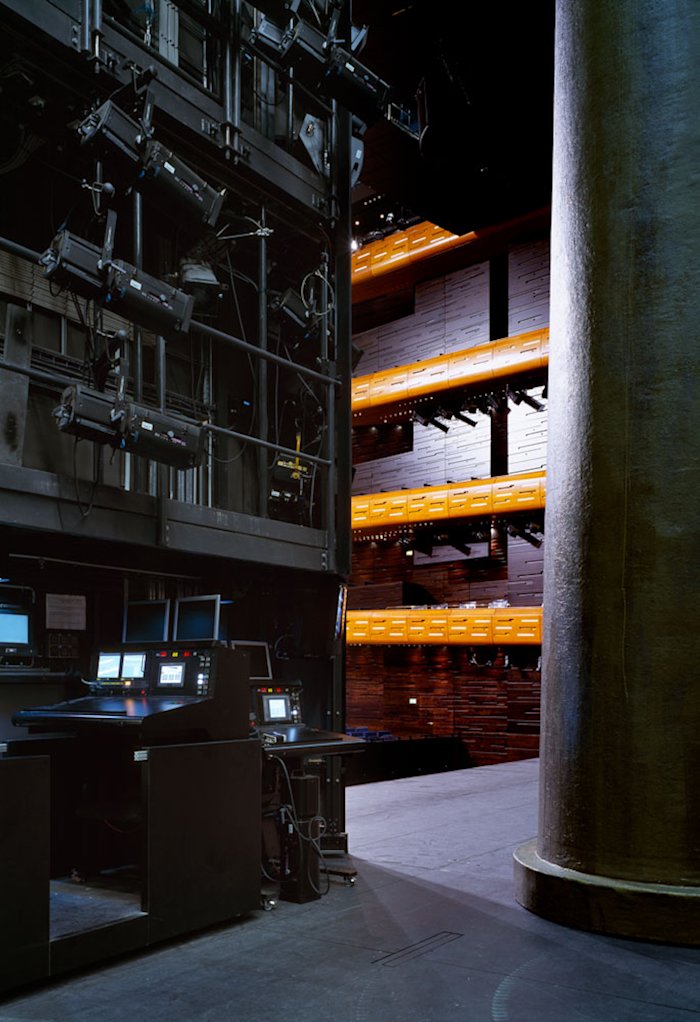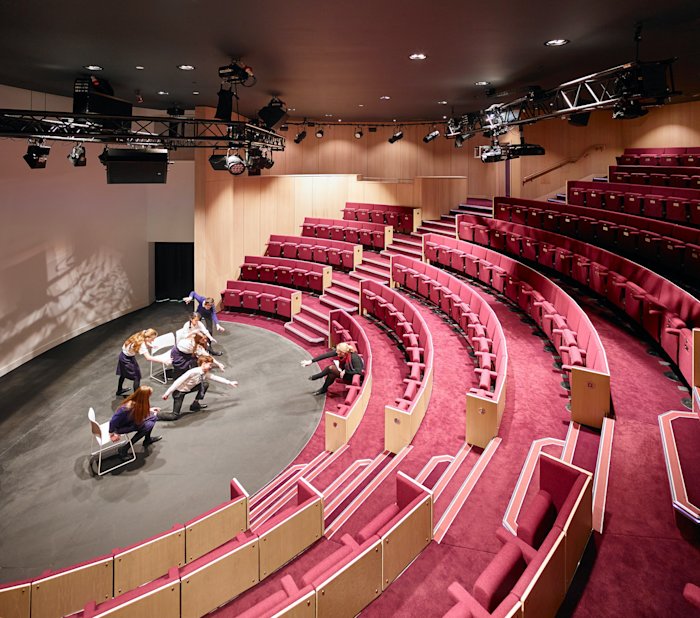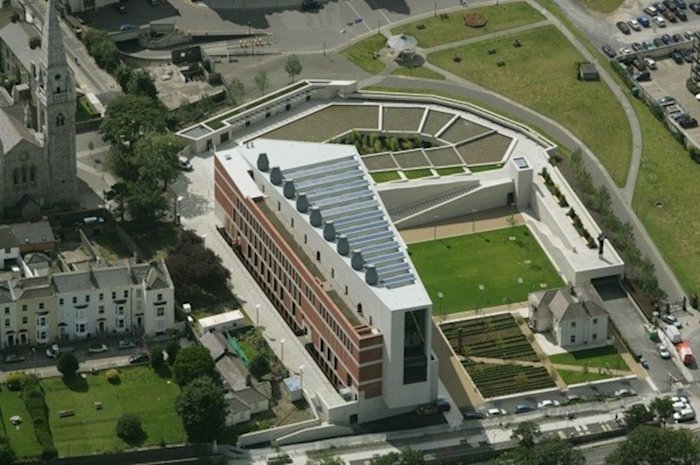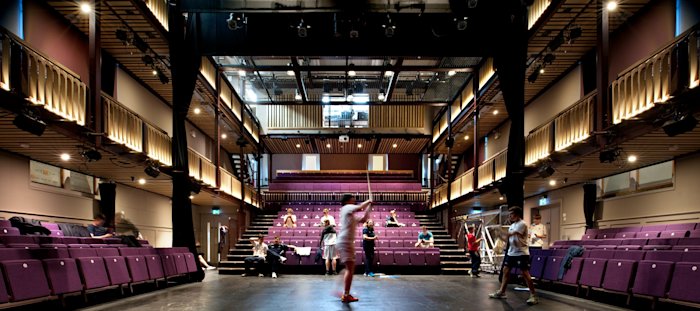What does a Theatre Consultant do?
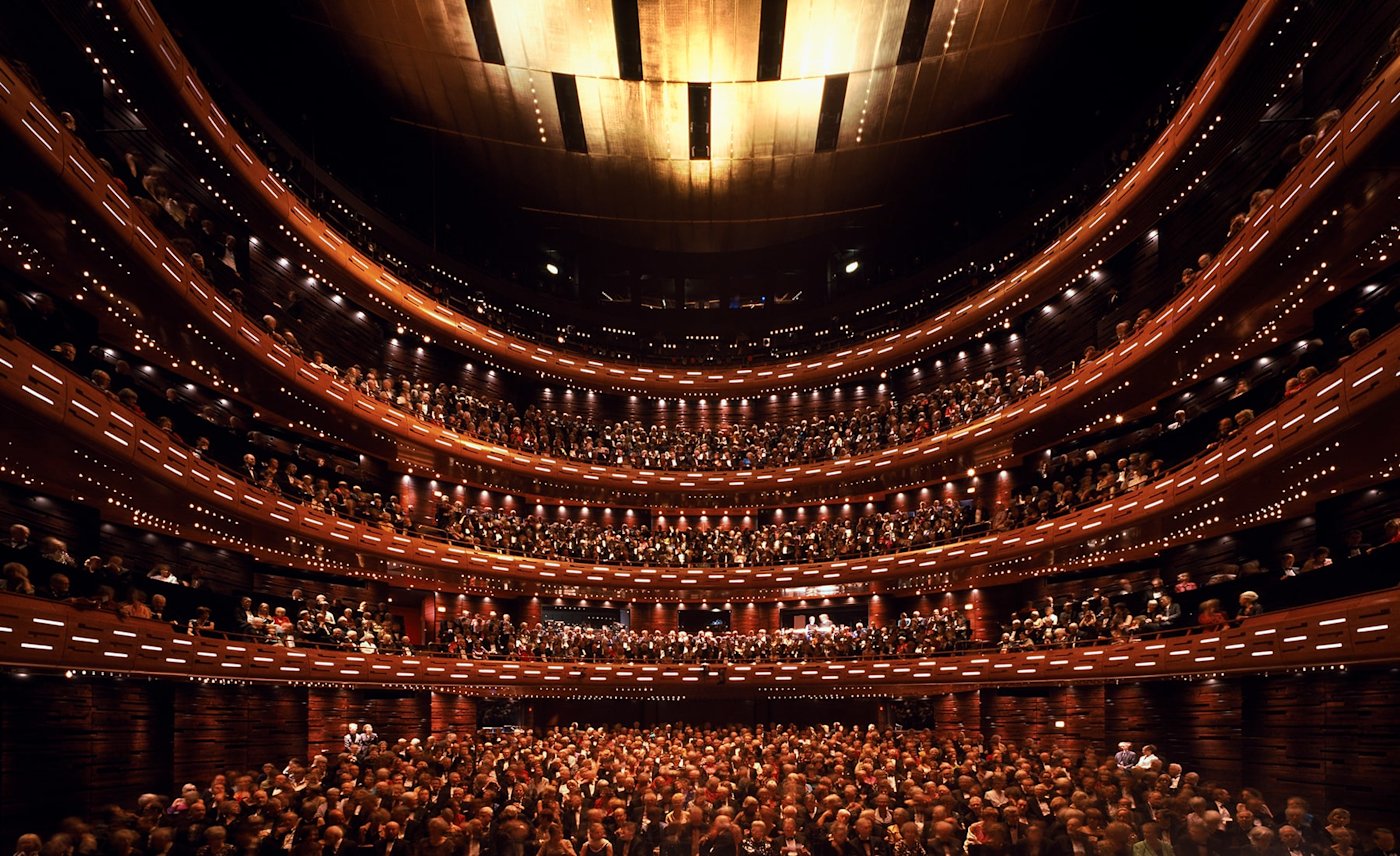
For those with a love of performance spaces or an interest in the technical mastery that goes into building and maintaining theatres, the role of a theatre consultant might appear as captivating as it is mysterious. But what exactly does a theatre consultant do, and why are they indispensable to the creative process behind some of the world’s most stunning performance venues?
Whether you’re a theatre owner looking to develop a new space, an event manager keen on improving the functionality of a venue, or an aspiring consultant yourself, understanding this profession could be the key to unlocking your project’s full potential.
The heart of theatre consultancy
Simply put, theatre consultants are independent specialists who blend creativity, technical expertise, and practicality to help design and develop performance spaces. Their work spans the entire lifecycle of a project—helping blueprint new theatre spaces, refurbishing historic venues, and ensuring even the most complex performance spaces are ready to meet modern-day challenges.
Theatreplan believes the job is all about “creating amazing spaces for performance,” ranging from traditional concert halls to digital and motion capture studios and we work closely with clients, architects, creatives, directors, and technical teams , ensuring that each space isn't just impressive but also functional and adaptable for a variety of performances.
Key Roles and Responsibilities
1 - Venue and Auditorium Planning
Theatre consultants work hand-in-hand with architects and designers to develop spaces designed for optimal audience and performer experiences. From considerations such as the number of seats to the sightlines, placement of dressing rooms and Front of House facilities, consultants need to consider a venue from every user’s perspective..
2 - Technical Design
These experts also handle an elaborate range of technical aspects, such as designing cutting-edge systems for lighting, sound, AVB (audio-visual and broadcast), stage engineering, and communications. Among other objectives, their technical plans ensure seamless operations during live performances.
3 - Project Management and Collaboration
Working as a part of an overall design team, consultants assess project feasibility, conceptual designs, and all the granular nitty-gritty required to breathe life into a space. A collaborative approach is essential, as multiple stakeholders rely on their insights for smooth delivery.
“Your efforts bring us such joy as we work in the theatre – the space is much more than I imagined.” Jatinder Verma, ex Artistic Director of Tara Theatre
4 - Balancing Creativity and Practicality
The ability to balance the creative vision of a venue with logistical and technical feasibility is what separates great consultants from the good ones. Consultants step in to suggest new ideas that clients might never have thought of, while remaining honest about what's achievable within the given budget and timeline.
5 - Sustainability and Future-Proofing
With more emphasis being placed on environmental sustainability, consultants strive to incorporate innovative solutions throughout every stage of the project. A sustainably designed theatre isn’t just good for the planet—it’s more economical and future-proofed for the long-term, ensuring smooth operation for generations.
Who Needs a Theatre Consultant?
Here’s why various professionals and organisations invest in theatre consultants:
• Theatre Owners need experts to make informed decisions during construction, renovation, or maintenance phases. Independent consultants ensure their venues are specified appropriately to be both functional and high-performing.
• Event Managers benefit from consultants who can enhance the technical capabilities of spaces, ensuring they are versatile enough to host diverse performances and productions alongside offering the flexibility for a range of other income generating uses.
• Aspiring Consultants can look to industry leaders for inspiration, as they offer shining examples of how passion for technical performing arts can translate into an enduring career.
The Impact of Theatre Consultants
The work of a theatre consultant goes well beyond just technical blueprints or planning visually pleasing spaces. These professionals bridge the gap between an artistic vision and operational practicality. They turn an empty void or dilapidated structure into a living, breathing performance venue that meets the needs of both creators and audiences.
They offer more than just knowledge—they provide peace of mind for clients and collaborators. From a new community theatre in a small town to the glamour of globally recognised venues, their expertise ensures every single auditorium seat, stage lift and lighting and sound system, together with fantastic backstage and front of house facilities, support flawlessly unforgettable performances.
Are You in Need of a Theatre Consultant?
The roles of independent theatre consultants, while intricate and technical, are pivotal to creating performance spaces that are dynamic, flexible, and inspiring and most importantly meet the needs of the client. Whether you’re developing a new theatre, upgrading technical systems, or embarking on a complete overhaul of a historic venue, engaging the right consultants can make all the difference.
Thinking of working with a theatre consultant? For 40 years, we have been at the forefront of helping clients—from small arts organisations to globally-renowned names—create memorable spaces that enrich the world of performing arts.
Curious to know how we can elevate your project? Get in touch with our team today to learn more about how their expertise can bring your creative vision to life.
22 January 2025
ContributorHelen Walker

